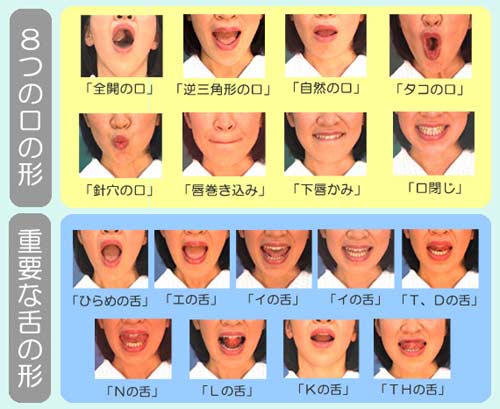You’ve been in Japan too long when you can pronounce the constellation of Orion like the Japanese do, which sounds something like OH-ree-ohn. The Japanese use a lot of English in their daily lives, which is ostensibly good for native English speakers living here since it means fewer new words to learn, although you often have to spend time getting used to the alternate pronunciations, which is partially a function of the language being phonetically based on syllables rather than consonants and vowels. To you or me, the word “weekend” probably has two syllables, but in Japanese it sounds like “oo-EE-koo-EN-doh.” Some other hard-to-get-used-to words include allergy (“ah-REH-roo-gii,” with a hard “g” in the last syllable), energy (“eh-NEH-ru-gii,” also with a hard “g”), and the word loose, which always seems to be pronounced “lose” (as in the word loose socks). Despite how odd these (mis-)pronunciations of familiar English words may feel at first, accepting them is all part of learning to speak Japanese properly. If you’re interested in learning some Japanese and want to help improve your pronunciation, I recommend using textbooks or other study materials that force you to read everything in hiragana right from the start, and not romaji (Romanized Japanese), since your brain would try to apply the pronunciation rules of English where they don’t belong. The Genki textbook series or the kanji cards from White Rabbit are both excellent places to bein.

This is how the Japanese memorize the sounds made in American English. Looks hard!















